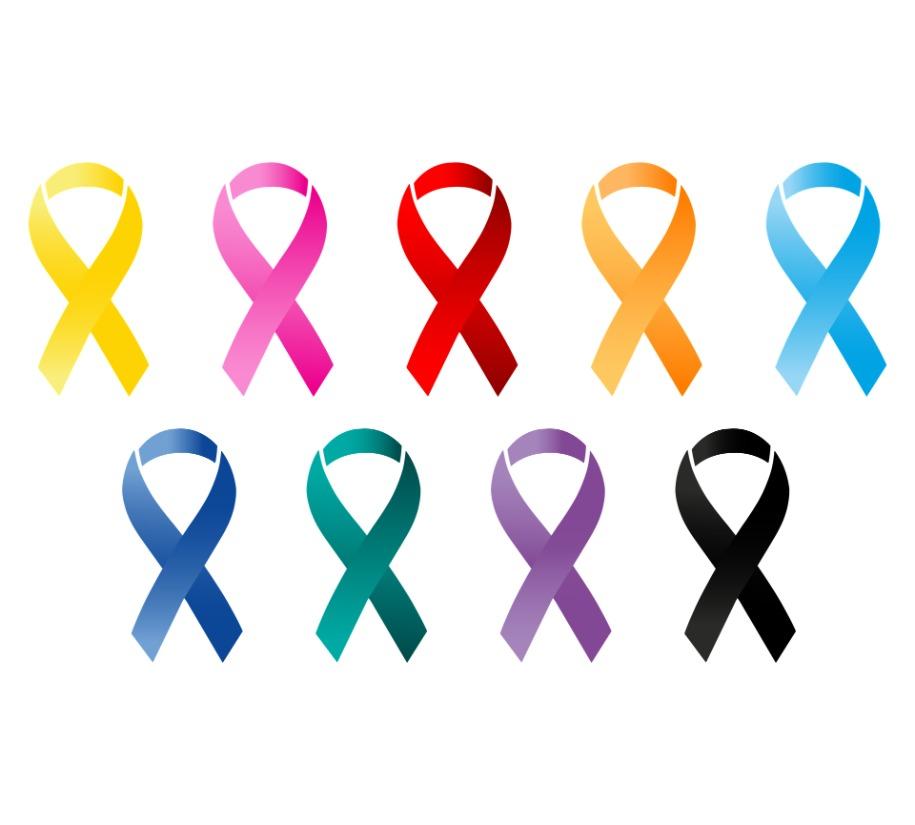On February 4, Nigeria joined the global community in marking the World Cancer Day, a day set aside to raise awareness on cancer and to encourage its prevention, detection and treatment. Cancer involves abnormal cell growth which results when cellular changes cause uncontrolled growth and division of cells.
Globally, it is the second leading cause of death, with 9.6 million people dying annually. 70 per cent of these deaths occur in developing countries.
- Sanusi backs Ganduje’s decision on Sheikh Abduljabbar
- NEMA sacks 48 workers, 1 year after recruitment
Dr Adamu Alhassan Umar, President of the Nigerian Cancer Society, said 124,815 new cases of cancer were recorded in Nigeria in 2020, with 78,899 cancer-related deaths recorded.
Umar noted that Nigeria had an “abysmally low” cancer survival figure due to late presentation, lack of awareness, weak health infrastructure, poverty and high cost of care which comes with catastrophic impact on families’ finances.
The situation is compounded by low budgetary allocation for cancer prevention and control, with N729,861797 million budgeted in 2020 and N294,081,336 million in 2021.
Mainly, cancer treatment comes in two major ways. The first is chemotherapy, generally an aggressive form of chemical drug therapy that destroys rapidly growing cells as cancer cells grow and divide faster than other cells. The second, radiotherapy, deployed in the early stages of cancer, uses radiation to kill cancer cells.
However, these facilities are not easily available, especially in most of the nation’s public hospitals. The exception is the National Hospital, Abuja, conceived as a major cancer treatment centre from the time of diagnosis, counselling to taking medications and other treatments. It has two radiotherapy and brachytherapy machines.
As the only modern government-owned cancer centre in the North, most of the hospitals refer patients to it. There are about three other centres in the North, but they have one linac each, which are older and not so consistent. This puts pressure on the National Hospital as it has to deal with a lot of patients.
In the South, the Lagos University Teaching Hospital (LUTH) suffers the same fate as it is daily loaded with referrals from other hospitals.
But what is killing most cancer patients, especially the poor ones, is the high cost of treatment. Last year, the Federal Ministry of Health established the N1bn Cancer Health Management Fund to help subsidise cancer treatment, but it is still undergoing bureaucratic process. This must be worked out immediately as a show of commitment.
As part of effort to mark the World Cancer Day last Thursday, the Minister of Health, Dr Osagie Ehanire, approved 12 additional hospitals for chemotherapy in the ongoing Cancer Access Partnership Programme at over 50 per cent cost reduction.
However, the Federal Ministry of Health must go beyond its annual avowed commitment to treatment of cancer. Last year, it announced the development of the National Chemotherapy Safety (ChemoSafe) policy. This year, it is the National Hospice and Palliative Care Policy that will address the palliative care needs of cancer patients.
In addition to these policies, government needs to pay special attention to cancer by raising awareness and encouraging its prevention, early detection and treatment. Citizens should on their part, embrace routine medical check-up and self-examination where necessary.
Anytime they are in doubt, they should go to hospital for proper screening and examination.
Major corporate organisations should engage in the procurement of cancer equipment as part of their own Corporate Social Responsibility. In 2019, the National Hospital got one of its two cancer treatment equipment through a joint venture between the Nigerian National Petroleum Corporation (NNPC) and Shell Nigeria Exploration and Production Company Limited (SNEPCo). Such procurement can be done under Private-Public Partnership (PPP).agreement.
Therefore, all hands must be on deck to fight this disease.

 Join Daily Trust WhatsApp Community For Quick Access To News and Happenings Around You.
Join Daily Trust WhatsApp Community For Quick Access To News and Happenings Around You.


